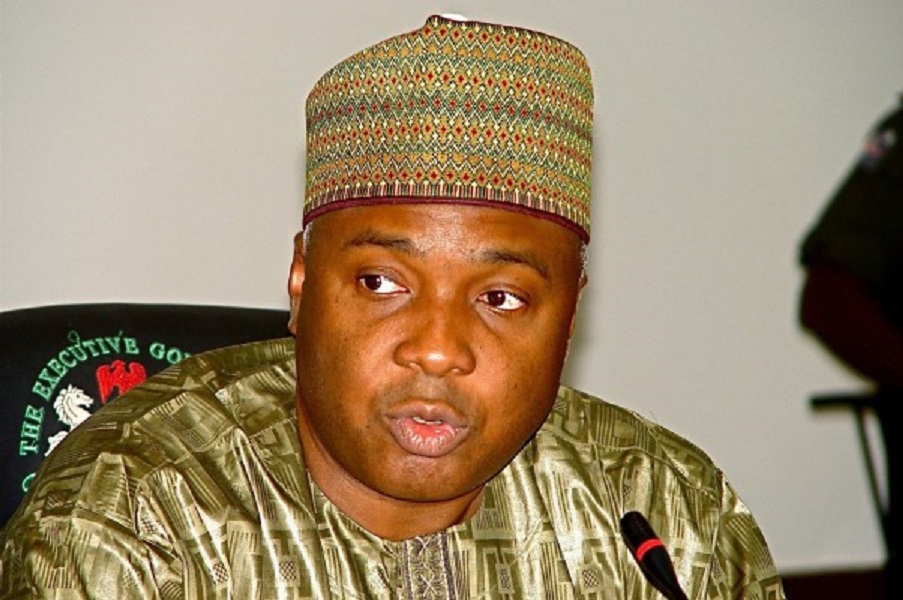President of the Senate, Dr. Abubakar Bukola Saraki, has stated that proactive and responsive governance are key to the performance of the 8th Senate.
In a statement by his Special Adviser on Media and Publicity, Yusuph Olaniyonu, Saraki who spoke on the past and upcoming activities of the 8th Senate stated that governments at all levels should work to emulate the strategy of the Senate by trying to be both proactive to foresee the needs of the public, while also being responsive by keeping in touch with what Nigerians want.
“If you notice, over the past two years, we have been working to anticipate the future challenges that the country is facing while also balancing that out with listening to the needs of our constituents.
“This Senate will continue to read global and domestic trends to foresee where we need to be with our laws, like we have done with our economic priority Bills.
“Even before the formal announcement of the recession last year, we had already set in place strategies — working alongside the Nigerian Economic Summit Group, the NBA Section on Business Law, and other stakeholders in the public sector to come up with Bills that would create more opportunities for our MSMEs that contribute almost 50 per cent to our GDP and employ 60 million Nigerians,” the Senate a President said.
Saraki also mentioned that the Senate has targeted critical laws to create access to finance for young Nigerians, while also working to pass pieces of legislation that are aimed at making Nigeria’s markets more competitive, improving infrastructure like our roads and railways, and making the nation’s ports more efficient for both importation and exportation.
“In addition to this, we have also worked to balance legislation with oversight, by exposing corruption and graft in public institutions. You will recall that we investigated the TSA regime, and by so doing, we saved the country upwards of N25billion; we investigated the Humanitarian response to the North East IDP crisis, and discovered high levels of corruption which led to the suspension of public office holders; our oversight of Nigeria’s oil and gas sector through the 2013 Nigerian Extractive Industries Transparency Initiative, NEITI report, revealed that Nigeria lost over $9 billion in stolen, un-remitted oil money in 2013.
“Of course, every Nigerian remembers how the Senate intervened when the data providers were planning on hiking subscription rates to a level that was out of reach for millions of Nigerians, and how we did the same thing through a Motion that mandated the Nigerian Electricity Regulatory Commission, NERC, to immediately abolish fixed charges on electricity consumption, and bulk marketing of villages and communities.
“These are the sort of responsive interventions that we will continue to take to protect the interest of our constituents,” the President of the Senate said.
“This dual approach of both predicting where we forecast that we should be and where Nigerians want us to be is critical to effective governance,” he added.
Saraki further emphasized on the need for all arms of government to adopt responsive and proactive approach, while stating that during this recess, legislators from the National Assembly will continue to consult with their constituents, so that when the Senate resumes in September, people’s views will be represented in the activities of the Senate.
“Although we are on recess, many Committees are still meeting. In addition to this, legislators across the country are going back to the constituents to find out what they want the National Assembly to do for them. This sort of engagement is not only critical, but it helps us as an institution to reflect the needs of our people,” he said.







